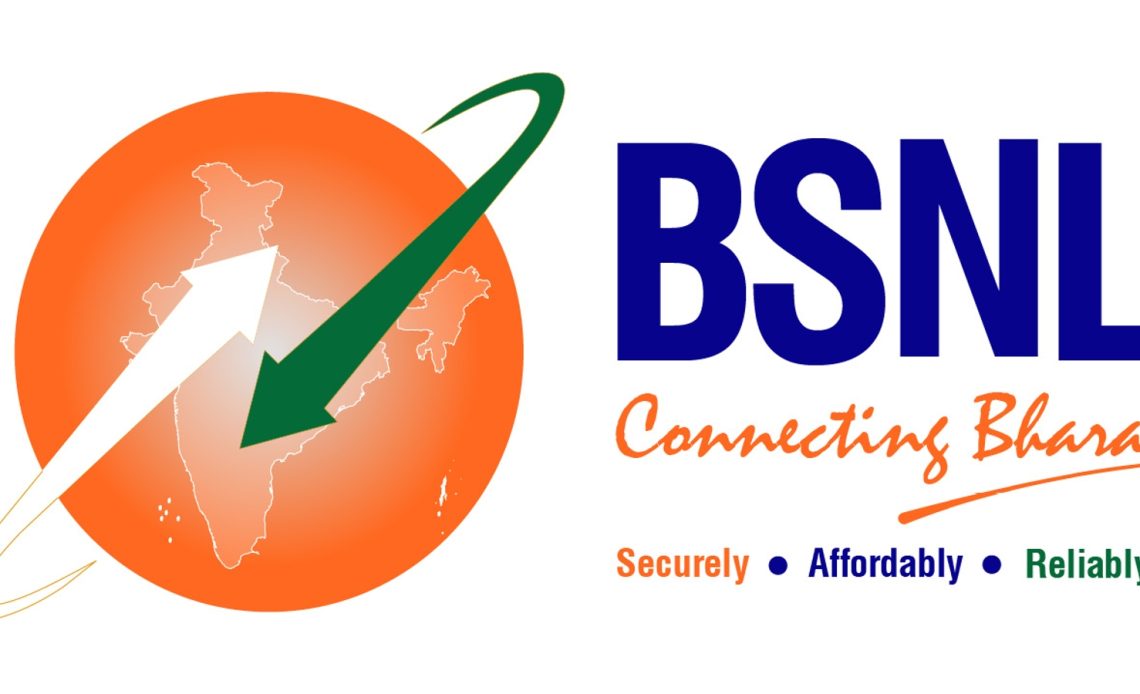
BSNL has officially launched India’s first direct-to-device satellite connectivity service, a significant step in bridging the digital divide for remote and underserved regions. Announced by the Department of Telecommunications (DoT) on Wednesday, this initiative is being billed as “India’s first Satellite-to-Device service,” marking a milestone in accessible, nationwide connectivity.
Developed in collaboration with Viasat, a California-based communications technology company, BSNL’s service aims to bring connectivity directly to users, even in the remotest areas of India. The service, initially introduced at the Indian Mobile Congress (IMC) 2024, has been undergoing rigorous testing to ensure its readiness for deployment.
In an announcement shared on X (formerly Twitter), the DoT underscored the broader accessibility this satellite service will provide, setting it apart from current satellite communications restricted to emergency, military, and specialised services. While satellite connectivity is a known technology, Apple introduced it with the iPhone 14 series, it has, until now, been unavailable to the general public in India. BSNL’s direct-to-device service changes this, extending satellite connectivity to all its users, thereby making it possible to stay connected even in remote locations like Chandratal Lake in Spiti Valley or secluded villages in Rajasthan.
This pioneering service empowers users to make emergency calls when traditional cellular or Wi-Fi networks are unavailable, send SOS messages, and even complete UPI payments in areas lacking conventional connectivity. BSNL has not yet clarified whether the service can be used for non-emergency calls and messages, but the focus is clearly on providing lifelines for those venturing into off-grid locations.
Viasat, BSNL’s technology partner in this venture, emphasised the transformative nature of this non-terrestrial network (NTN) connectivity. At IMC 2024, the company demonstrated its capability by successfully transmitting messages to one of its geostationary L-band satellites, situated 36,000 kilometres away. This achievement showcases the potential of satellite technology to extend coverage far beyond what conventional terrestrial networks can reach.
BSNL and Viasat kicked off trials in October, and after a swift and successful testing phase, the service is now available to users. Yet, a few questions remain. The company has not specified whether users will need to update their existing plans or if an additional package will be required to access the satellite service.
As the rollout progresses, more details are expected to clarify how subscribers can access this game-changing feature. With this launch, BSNL reinforces its commitment to connecting India’s diverse landscapes and communities, ensuring that connectivity is no longer a privilege of urban centres but a nationwide standard.

